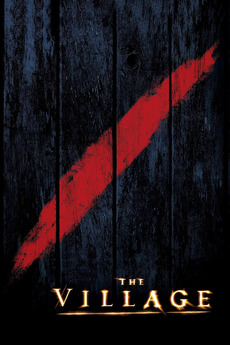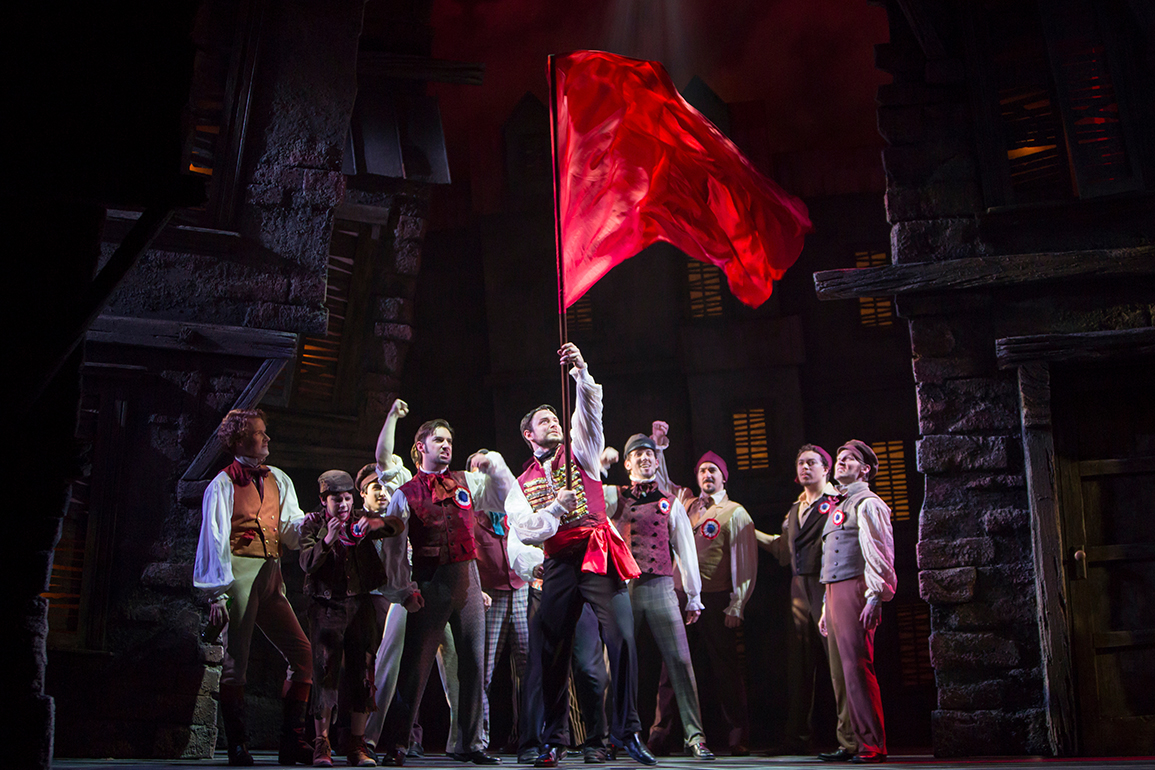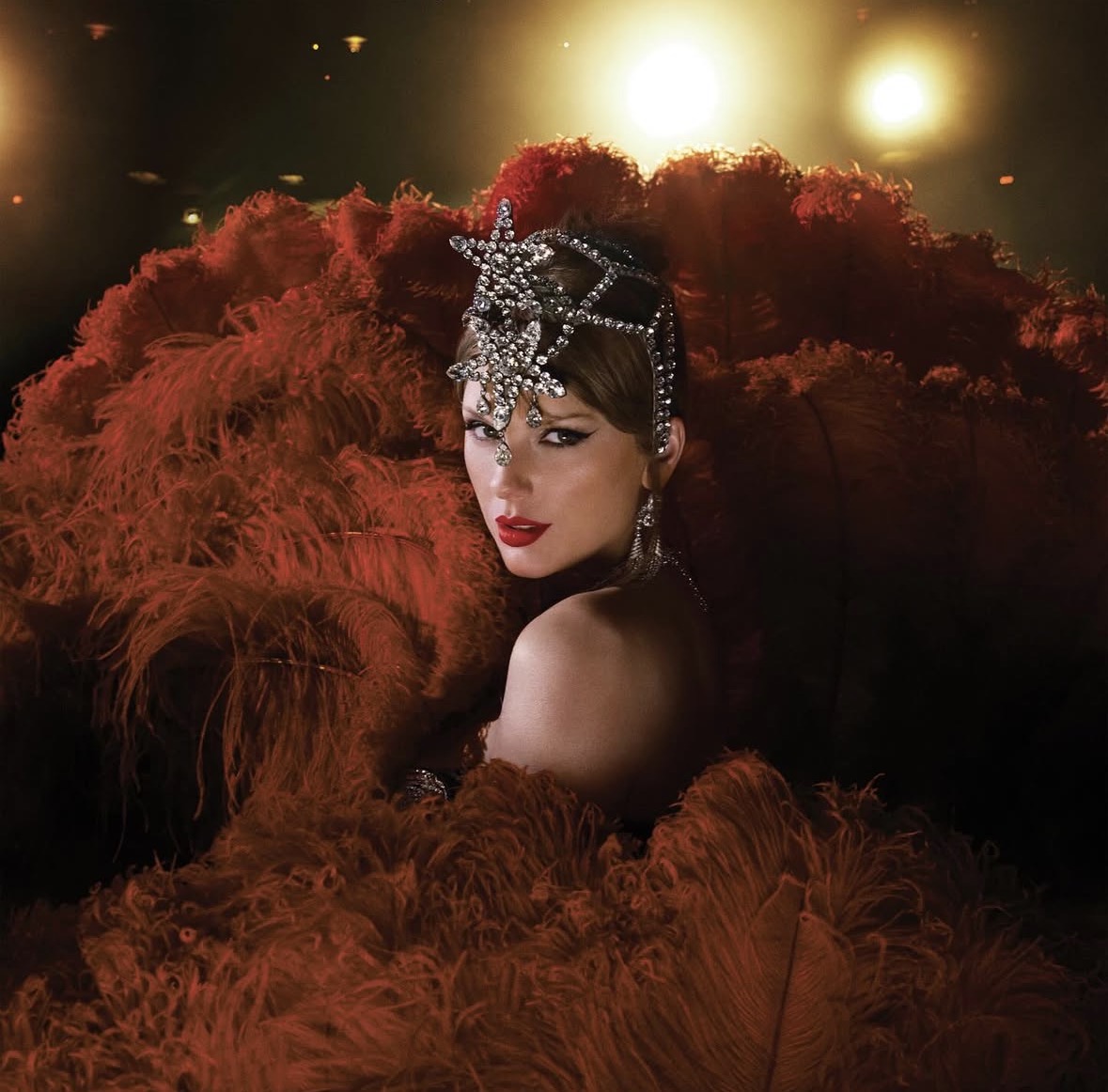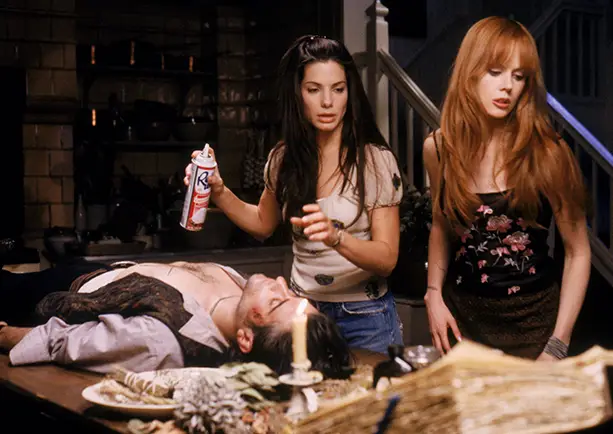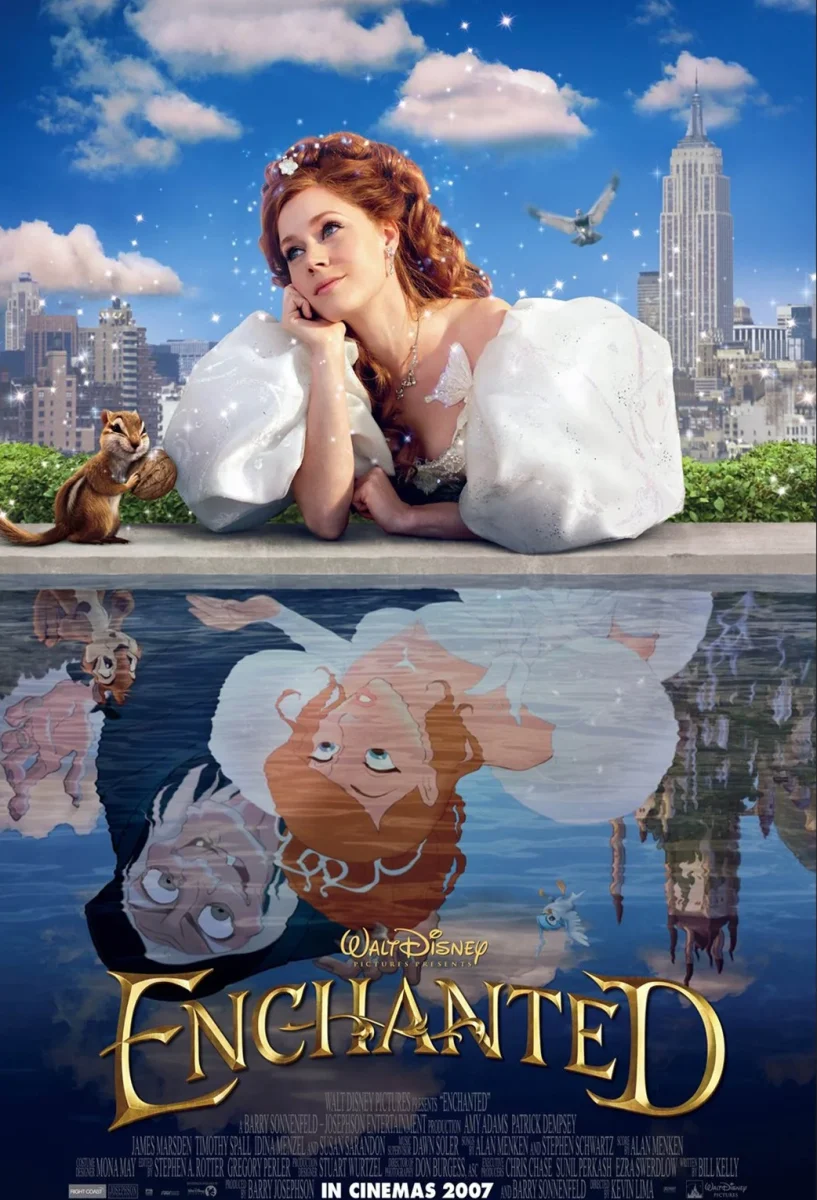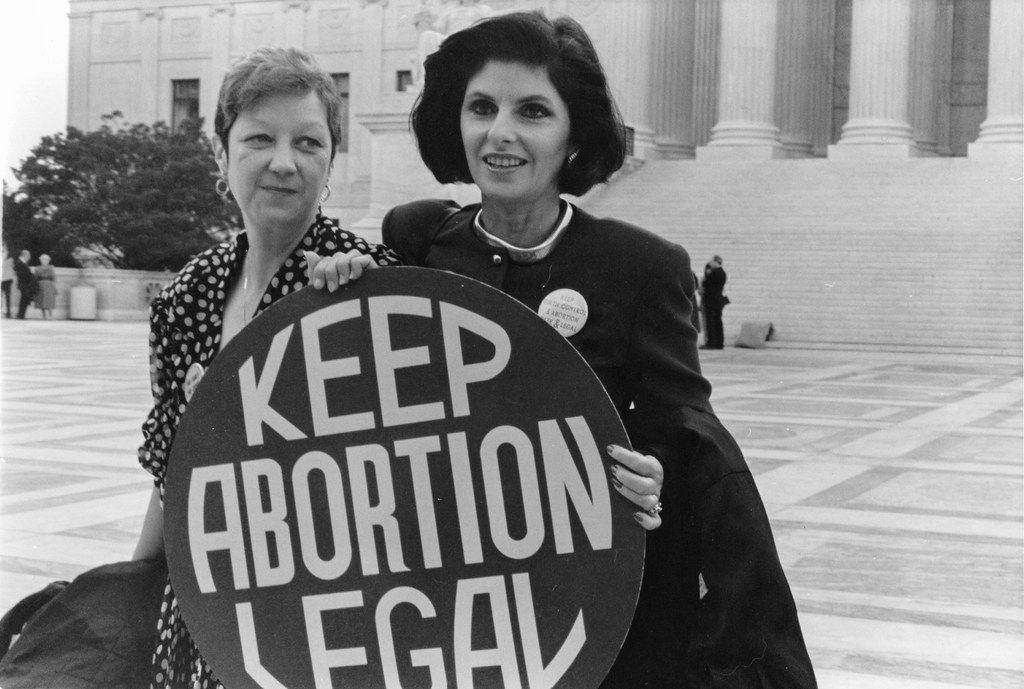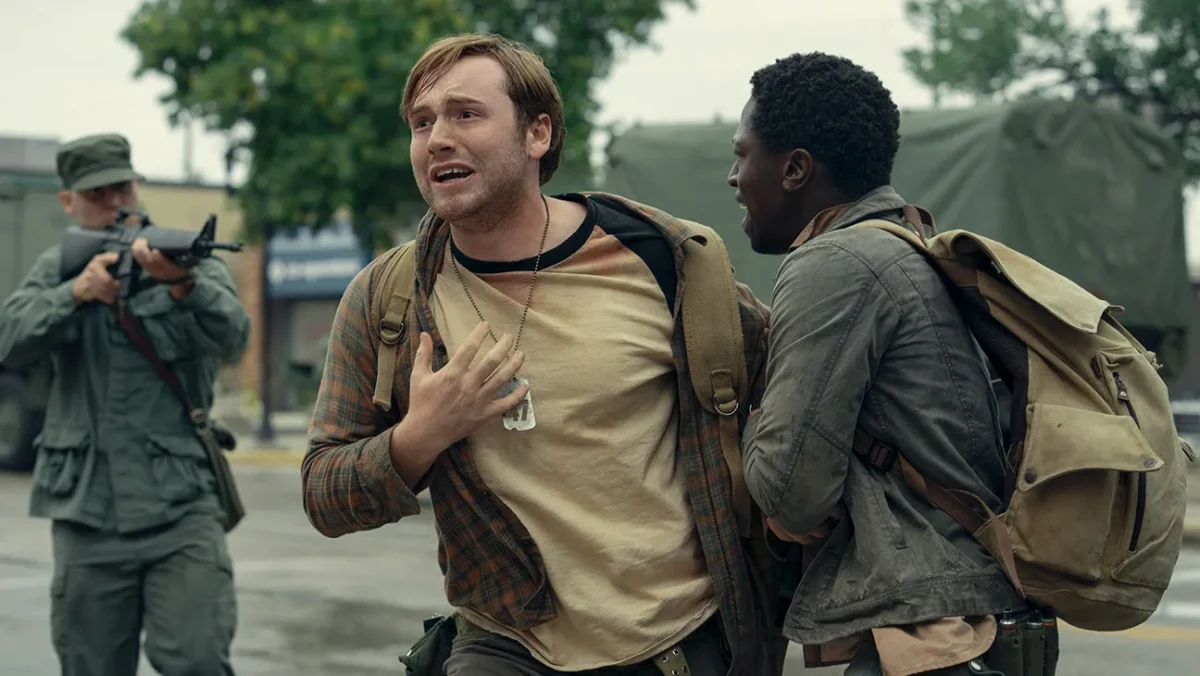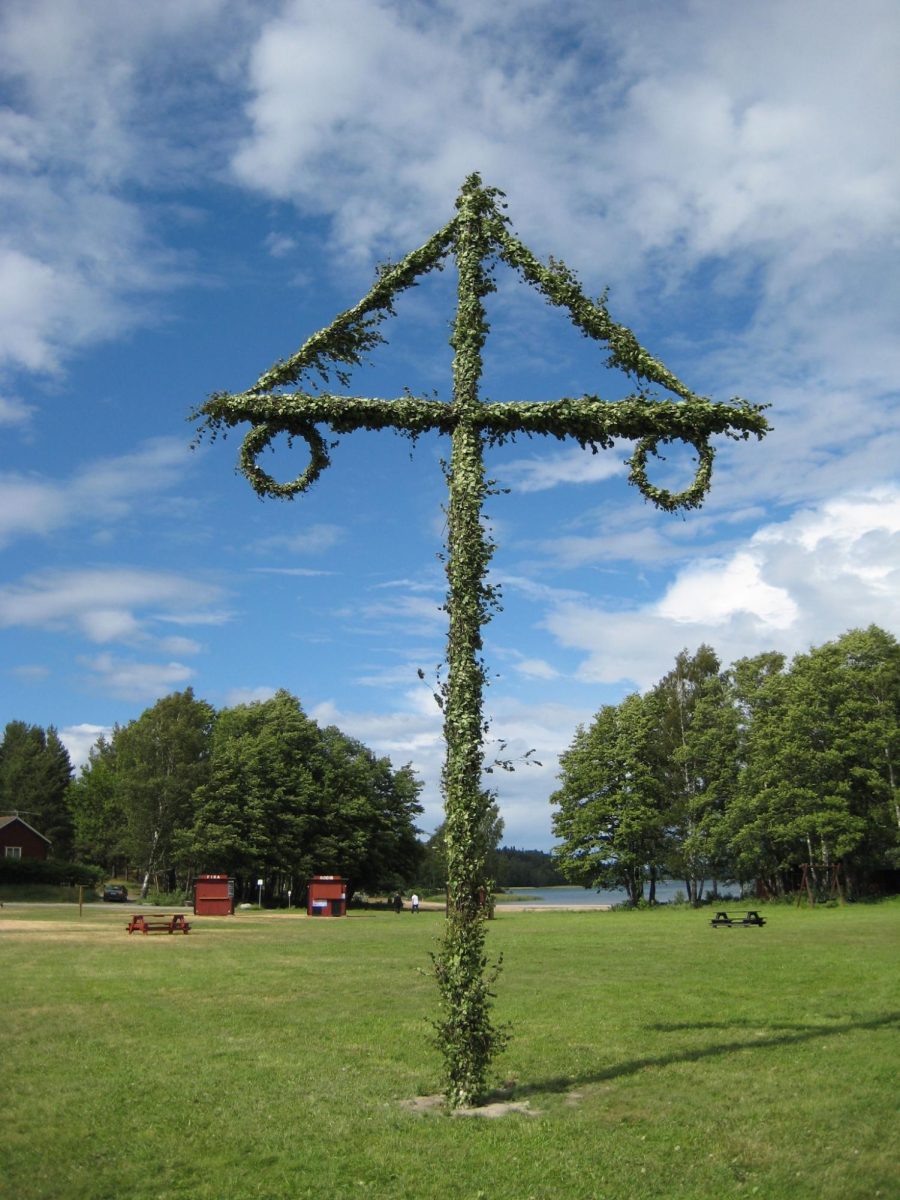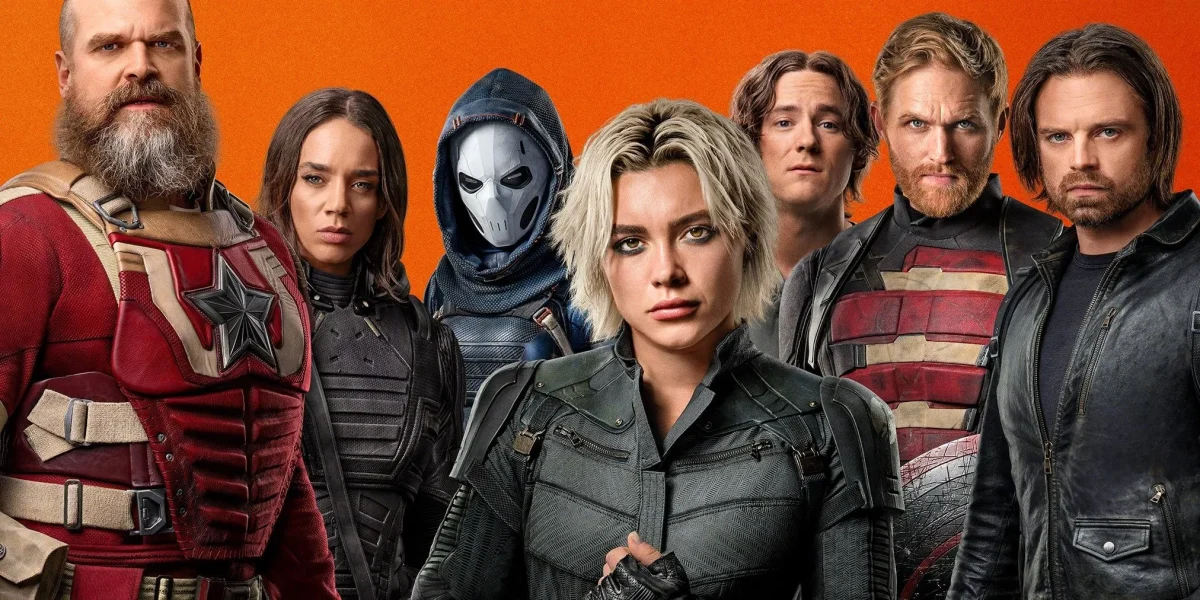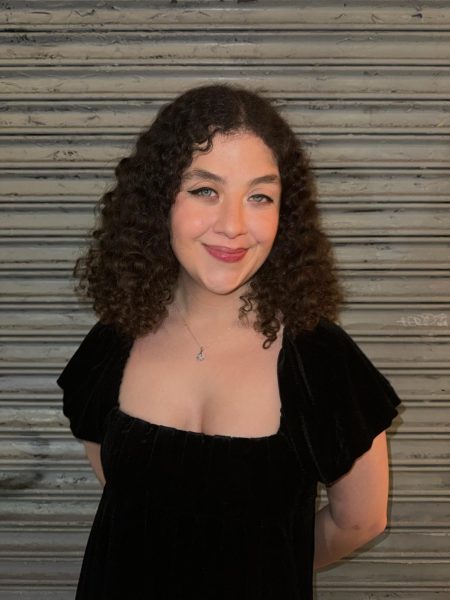I have a confession to make. This might just be one of my favorite films of all time.
I know that some people find fault with the script or Shyamalan’s style, but I honestly don’t mind it. I’ve never minded much when a film knows what it’s trying to convey, and doesn’t find the need to hold the viewer’s hand and outline its theme in bright red ink. Shyamalan’s quiet subtlety is one of the things I love about him as a director—it’s a feature of his work that bleeds into other, perhaps more popular, films like “Signs” and “The Sixth Sense.”
“The Village” is no different.
Set on an idyllic pastoral homestead surrounded by a thick forest, “The Village” handles a romantic subplot and a monstrous threat in the same delicate, soft-spoken way. Ivy and Lucius, played to perfection by Bryce Dallas Howard and Joaquin Phoenix, never have a massive confession scene. Instead, the infamous porch scene is quiet and gentle. We have been able to tell that they are clearly in love, but that’s because we’ve been paying attention. I think that might just be my favorite thing about Shyamalan’s films—he rewards viewers who truly pay attention, which is what makes the iconic twists so incredibly satisfying.
“The Village” is also a phenomenal choice for fall. Despite the nondescript timing of the film’s setting—it somehow manages to look like it could be taking place during spring, summer, autumn, or winter all at once—there is something discreetly bleak about the cinematography and color grading. One almost gets the impression that the haven they live in might be untouched by time itself, immune to the passage of the natural world as well as the modern one.
The reason why I love this film so much is that it does two very different things so incredibly well. It’s one of the most swoon-worthy romances I’ve ever seen, but at the same time, it gave me nightmares for weeks after I watched it for the first time. It toes the line between horror and love so adeptly. One moment, your heart is bursting as Lucius finds Ivy’s hand in a crowd to lead her to safety; the next, you’re jumping three feet out of your chair as a creature in a red robe runs directly for you.
The thing that makes “The Village” unique—because it is far from the first movie to attempt walking this line—is how genuine it all feels. The fear that comes from the beasts in the woods only fuels the love that Ivy and Lucius feel for one another. In many of the scenes where their love is at its most obvious, their feelings are laid bare because danger is near. The fear is so well-woven into the lives of the people who live in their woods that it permeates and fuels the underlying love and affection they have for one another—even between the familial relationships, like Ivy and her sister.
“The Village” is perfect for horror and romance fans alike. It truly has something for everyone, and the signature Shyamalan twist is genuinely one of his best.

